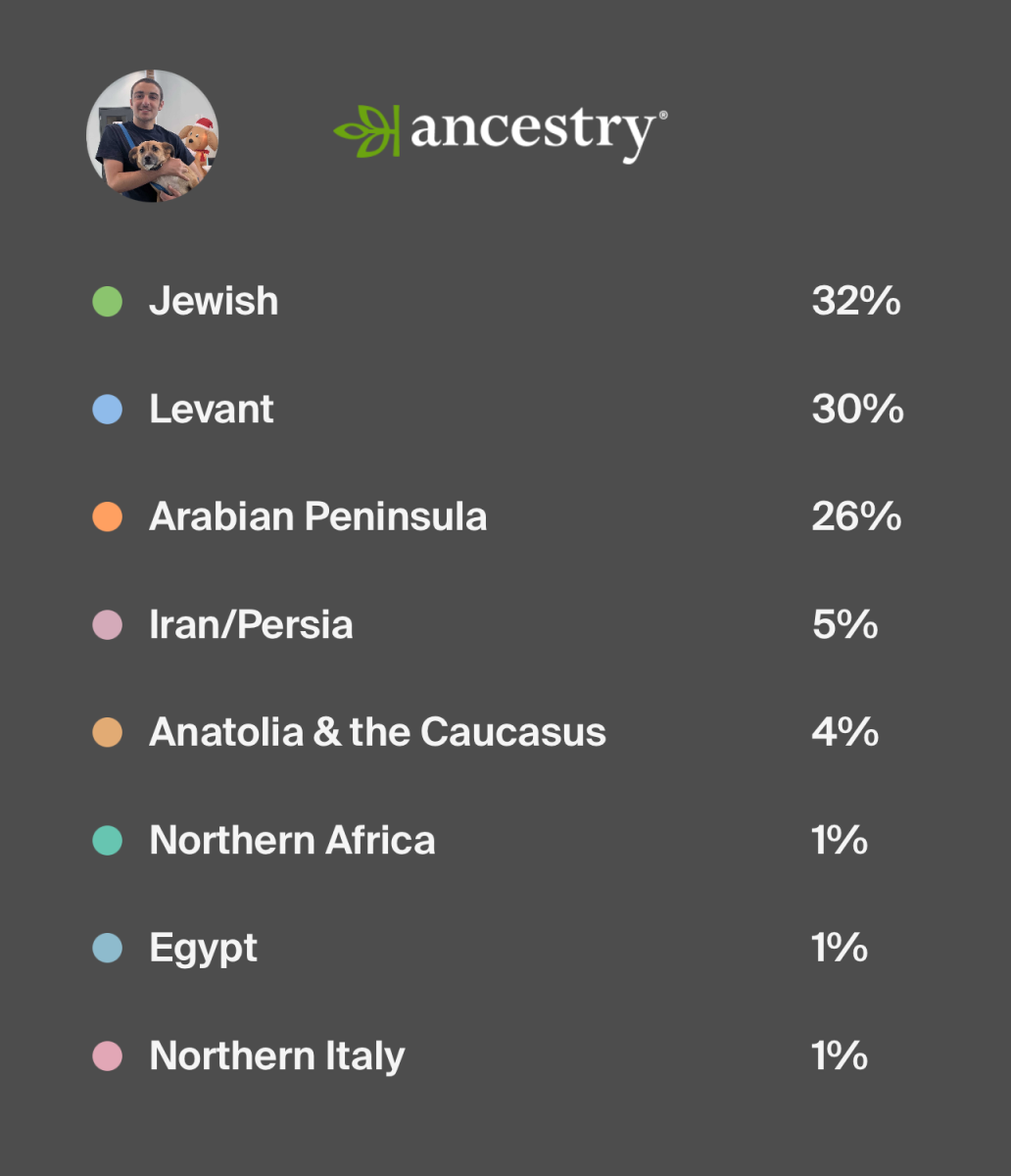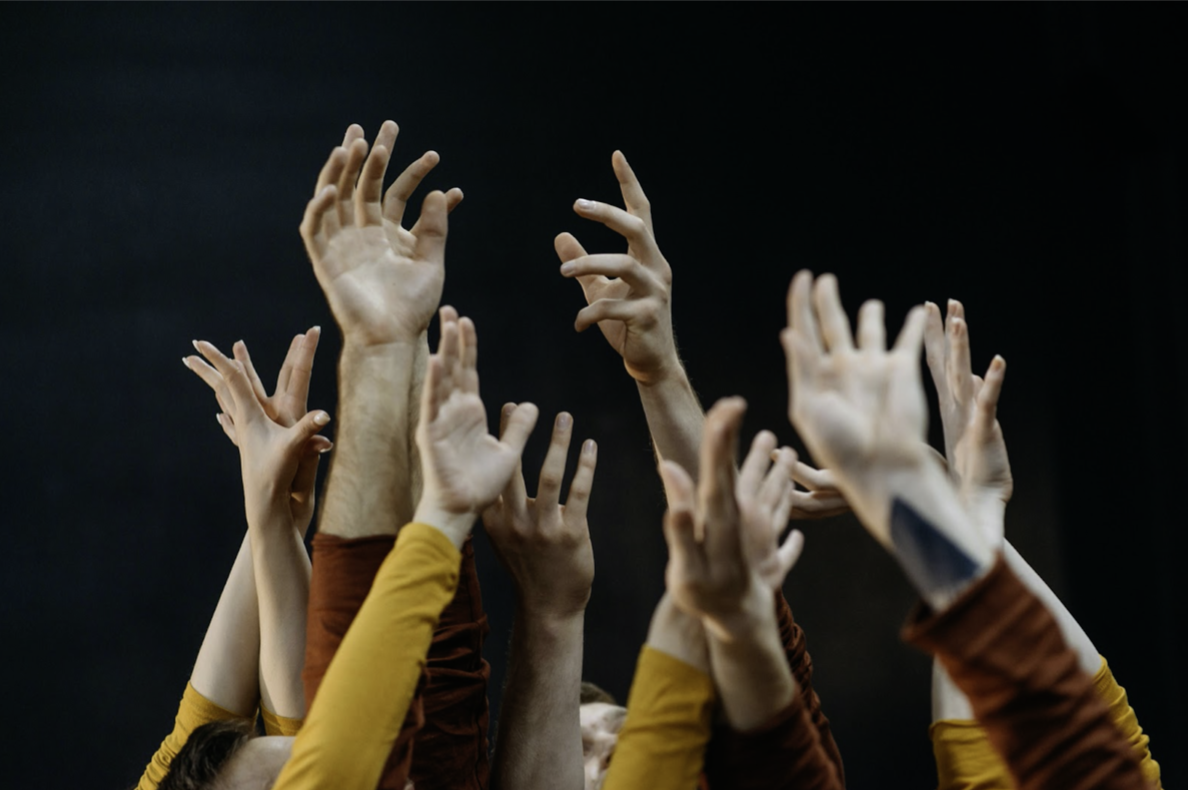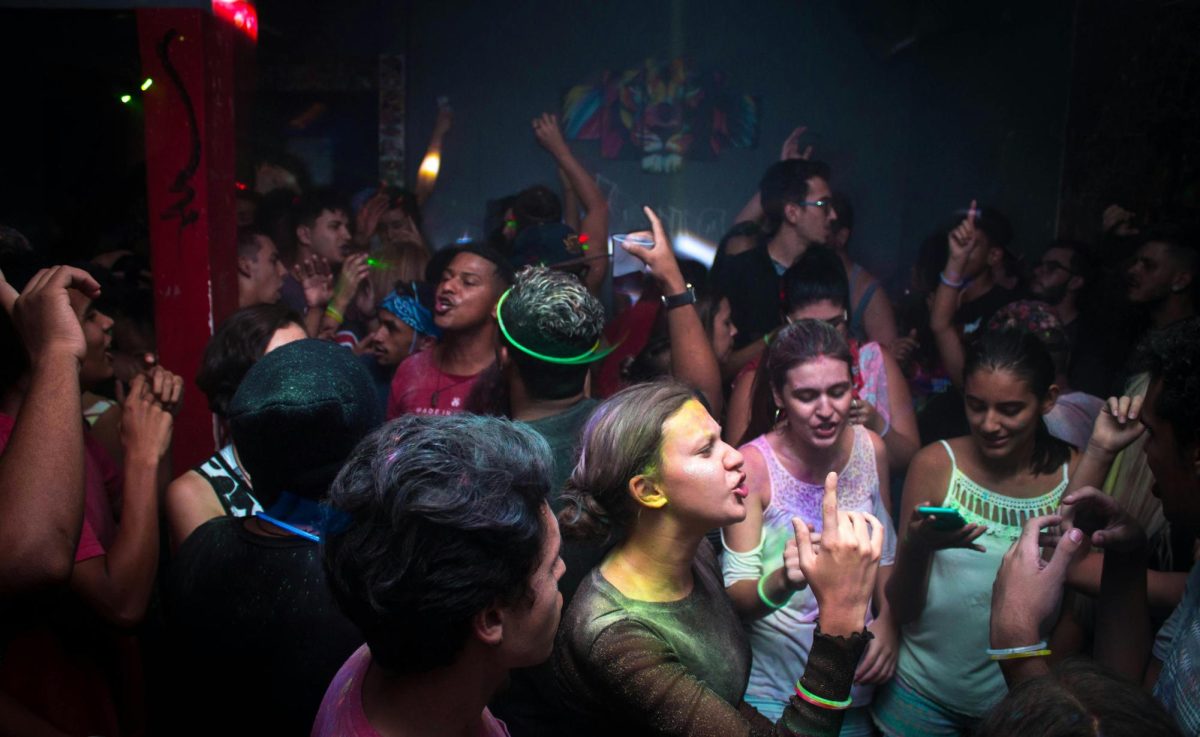Jury duty: It is simultaneously a vital, foundational block of our democracy and a common punchline guaranteed to draw sympathetic groans. This makes me wonder, why do we have jury duty? Are there any ways to make service as a juror a painless process?
Most of us would want a trial by a jury of our peers should we find ourselves in trouble with the law. But when it comes time for our turn in the jury box, the sight of the summons in the mail evokes feelings of frustration and encourages us to start thinking of excuses to get out of our civil duty.
I know this feeling well. This summer I worried I would be stuck serving on a trial during precious time off school. Previously, I received a jury summons during the school year, right around the time of my final exams. I knew I could not miss that vital time, so I requested a postponement.
Six months later, I received a new summons, stating I was to report for jury duty and that I was in group one. I was certain I would lose at least a day, stuck at the courthouse waiting for my group to come in for jury selections.
And then what? I didn’t want to make up excuses. I could technically serve if needed. I wasn’t taking classes and I had the time.
But, I hoped to be able to work some extra hours during the summer and save up money so I could work less when school started in the fall.
Selfishly, I also just wanted some time to enjoy my summer.
Ultimately, I wasn’t called in. I waited on telephone standby and then was informed that the experience counted as my jury service for the year. I was immensely relieved.
But I was also irritated. Had I been called, I would need to rearrange my work schedule and life around going to the courthouse all day, for an undetermined amount of weeks.
The hardest part for me was the uncertainty and waiting to find out if I would need to go in.
I work for a small company and my boss needed to have a potential substitute lined up for me. I wouldn’t know if I was available to work or not until 5 p.m. the night before, when reporting instructions were posted.
“Keep someone on standby, I’ll let you know if I’m free as soon as I find out,” I said. “Hopefully I’ll be able to come into work.”
Even with my frustrations, I know I have it easier than other citizens, especially those who might have to arrange childcare at the last minute, or who would be in a difficult financial situation if they had to miss work to serve as a juror on a long trial.
Although it is seldom discussed in these terms, jury duty clearly fits the textbook definition of a tax
— Lori L. Taylor
Lori L. Taylor, the former director of The Mosbacher Institute for Trade, Economics and Public Policy described jury duty as a form of taxation to the public.
“Although it is seldom discussed in these terms, jury duty clearly fits the textbook definition of a tax—jurors are required to surrender a valuable asset (their time) to the government with little or no personal benefit,” Taylor wrote.
There are benefits of jury duty, though they may not be immediately obvious on a personal level. The Bill of Rights refers to jury duty, with the Sixth Amendment ensuring citizens the right to trial by a “jury of your peers” .
Part of the amendment reads, “In all criminal prosecutions, the accused shall enjoy the right to a speedy and public trial, by an impartial jury of the State and district wherein the crime shall have been committed.”
In addition to being important enough to merit mention in our Bill of Rights, jury duty is also seen as a way to incorporate citizens into the act of democracy.
“A jury makes, in some cases, life and death decisions about criminal guilt and innocence, decisions about liability and how much money will reasonably compensate a wronged party, and decisions about denial of rights and how to redress injustice. It is democracy in action,” United States District Judge Marvin E. Aspen wrote for the Civil Jury Duty Project at NYU School of Law.
This is an especially important function of jury duty because many of us recognize the flaws in our judicial system and service as jurors allows us a chance to have a voice in ensuring justice.
“We do not want judges and lawyers making every important decision; they are not representative of the people of the United States,” a pamphlet from The National Judicial College stated. “Juries provide the voice of common sense and the perspective of the citizen to our developing body of law.”
Having our voices heard and affecting democratic processes is incredibly important, but unfortunately recognizing the good accomplished via the jury system does not make the process of service hurt any less.
Two of the biggest issues with jury duty are those which concerned me the most when I thought I would have to serve this year. First, juror compensation is not high enough to fully make up for the missed work. Second, jury service often feels like an extreme waste of time.
To solve the first issue, many scholars recommend raising the rate of jury compensation.
In California, compensation is $15 per day. A new assembly bill introduced in February would raise that rate to $100 per day for eligible jurors. Currently, the higher fee is being tested through a pilot program serving low-income jurors in San Francisco.
Preliminary findings from the program show positive feedback from jurors, and indicate many jurors who participated could not serve without the increased compensation because of financial hardships. The participants were also more diverse, making jury demographics accurately reflect the population of the area.
“Paying jurors more realistic wages would increase the fairness of the jury system and force the courts to more fully acknowledge the value of the services they receive from jurors,” Taylor of the Mosbacher Institute wrote.
One way Taylor recommended the courts could recuperate some of the increased cost of juror wages was by making the parties of civil trials pay juror compensation.
Through increased pay, the court system may also see fewer instances of “failure to appear” from summoned jurors.
My home county faces an ongoing issue of citizens not showing up to serve on juries. Could the resources dedicated to tracking down delinquent jurors go instead to providing fair compensation to those who do appear? And, if this was the case, would fewer people skip?
Jury service often is not a convenient obligation. — Marvin E. Aspen
On the issue of wasted time, some of the most interesting perspectives come from former and current courtroom professionals.
Judge Marvin E. Aspen acknowledged, “Jury service often is not a convenient obligation. It takes time out of one’s daily routine and can necessitate major personal and occupational scheduling adjustments.”
For me, this was the most stressful part to consider when facing potential jury service. In the past, when I went to the courthouse for jury selection, I lost a full day of work. I never made it into the courtroom, but sat in a waiting area the entire time. I left wondering why I was even required to report.
I know people who served on six to eight-week trials. This is incredibly disruptive to personal and professional routines.
A former federal trial judge of over 20 years, Mark W. Bennett, observed juror struggles over his years in the judicial system and wrote a “Juror’s Bill of Rights” which he believed should be enacted in courtrooms across the country.
Among the five rights Judge Bennett described were the following: “Jurors have the right not to have their time wasted by judges, lawyers, witnesses and unnecessary, cumulative and excessive evidence,” and “Jurors have the right in jury selection in every civil case to be told exactly how long the trial will last — minus deliberations.”
Bennett argued that having a set time frame for trials would not only aid jurors but would also keep trials free from repetition. I think having set time frames, with the understanding that criminal trials may have some variance in length, would keep jurors from feeling that they are being taken advantage of.
Judge Bennett also wrote that jurors have a right to basic creature comforts and should be able to stand during testimonies, take notes and have frequent stretch breaks. In his courtroom, he had drink holders in the jury box and allowed snacks.
If jurors were treated as an essential part of the judicial process and a vital presence in the courtroom, afforded basic comforts and a fair compensation, and treated with respect for their time, how might the process improve?
For the time being, these potential improvements seem more like a theoretical pipe dream than a reality, but talking about them feels at least a little more impactful than simply complaining about all the ways jury duty is terrible.
If nothing else, maybe more judges could follow Bennett’s example in one of the last points he made in his Juror’s Bill of Rights. If all else fails, bake cookies.
Bennett wrote, “In trials of four days or more, I have, for years, baked cookies for the jurors. It works wonders. I personally bake them and leave them a note, in the jury room, on the plate of cookies explaining that they were baked with my own hands. They frequently comment on the juror evaluation forms how much they appreciate this personal touch.”
While sweet treats don’t make up for lost time or wages, I can’t say they would hurt much either.
Heather Taylor can be reached at [email protected].
















